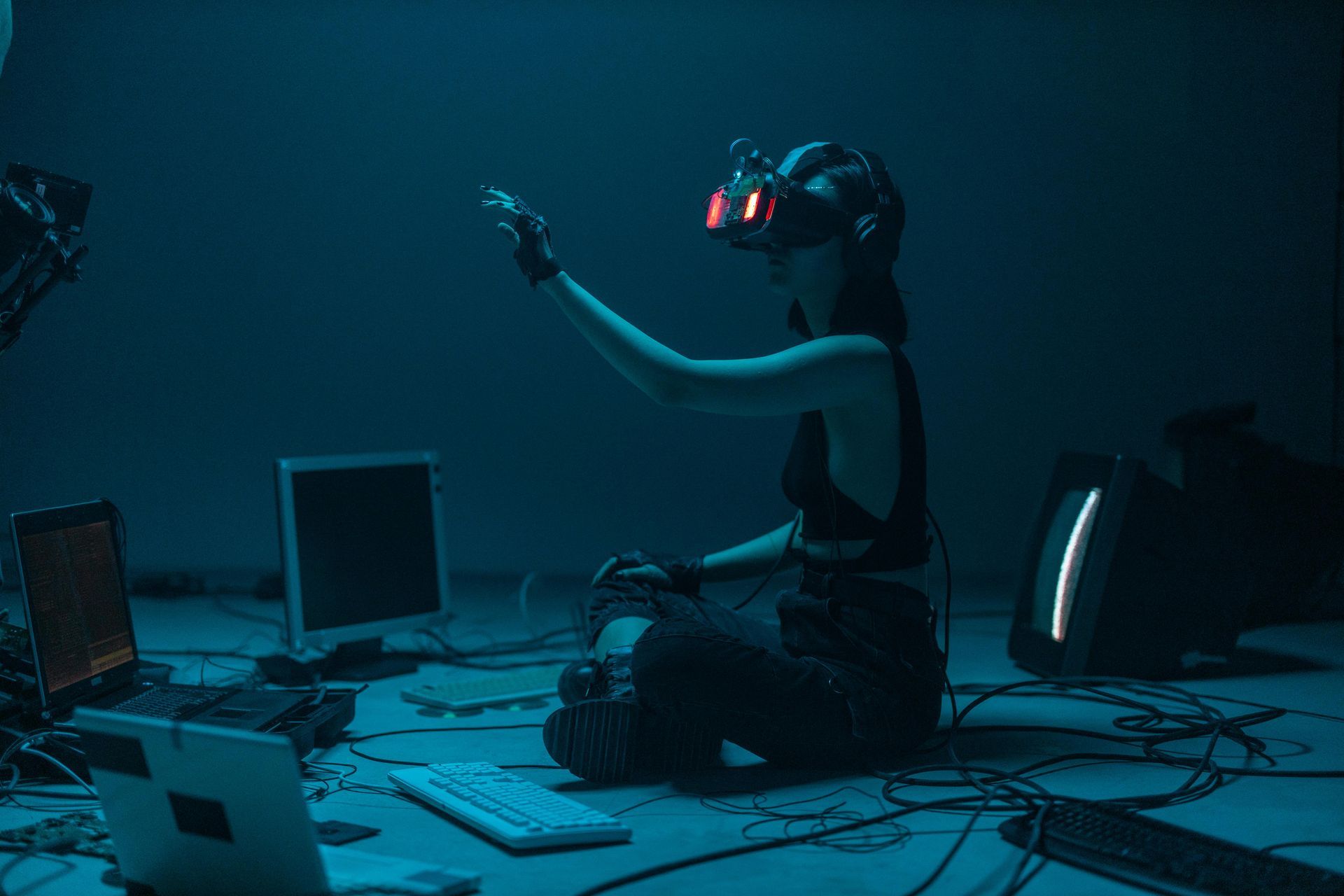AI & Deepfakes: Who Owns Your Likeness in the Age of Digital Cloning?
Here’s the million-dollar question: Who owns your image when it’s digitally cloned?

The explosion of AI in filmmaking is reshaping the industry at lightning speed. From de-aging actors to recreating performances of deceased celebrities, deepfake technology is no longer sci-fi—it’s business. But here’s the million-dollar question: Who owns your image when it’s digitally cloned?
The Rise of AI and the Legal Gray Area
Studios are now leveraging AI to replicate voices, likenesses, and even performances—sometimes without full consent. We've seen AI-generated content that mimics real actors so well, it’s nearly indistinguishable from the original. But many performers haven’t considered how their voice, face, or body might be used after they retire—or even after they pass away.
This isn’t just a moral issue. It’s a legal minefield involving right of publicity, consent, and contractual clarity. And if your likeness ends up in a film you never agreed to, you're facing a breach not just of trust—but of your rights.
Protecting Your Digital Legacy
At Mason Firm LLC, we advise actors, public figures, and creatives to lock down their likeness with the same force they protect their scripts or royalties. This includes:
- Contracts that explicitly define where, how, and for how long AI can replicate your image or voice.
- Posthumous rights clauses to safeguard your estate and heirs.
- Clear boundaries on derivative content created using your likeness.
Because once your digital twin is out there, the law may lag behind the technology—unless you plan ahead.
Final Thought
The future of film is digital—but your legacy shouldn't be up for grabs. Whether you're starring in your next big project or simply want to future-proof your image, Mason Firm LLC is here to ensure your likeness is never used without your permission—or your profit.
